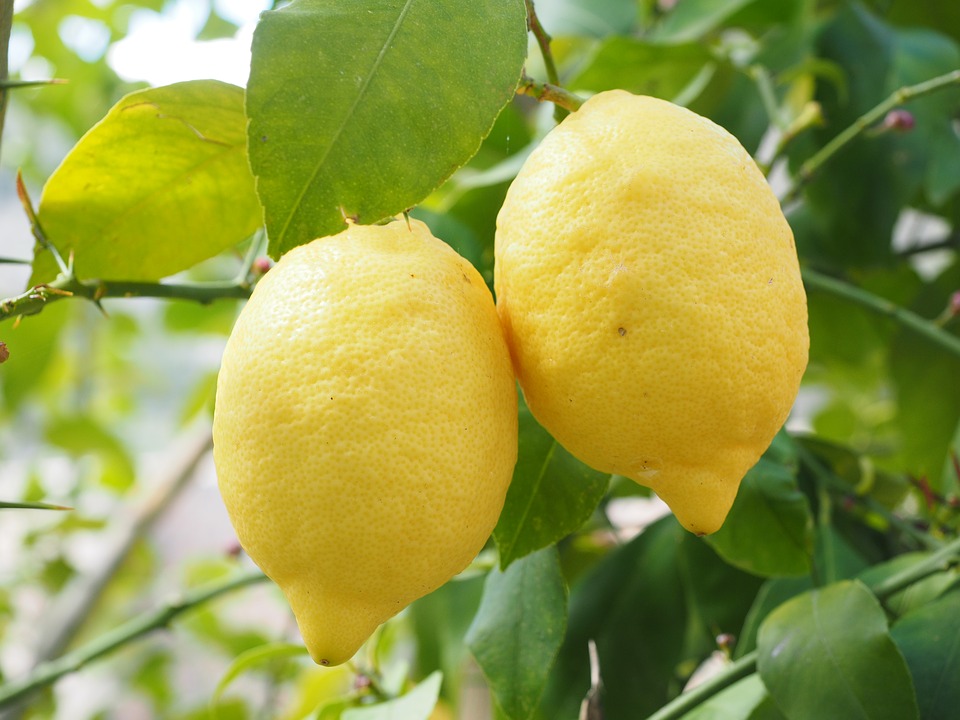Are You Getting Enough Zinc in Your Diet?

When most people think of key nutrients needed to sustain good health, zinc probably isn't the first to come to mind. However, there's new evidence suggesting that zinc is in fact an important nutrient. And people who fall short of consuming the recommended amount could suffer from disease and illness.
Researchers from the Chair of Animal Nutrition at the Technical University of Munich (TUM) Germany found that people who suffer from zinc deficiency -- even minimal zinc deficiencies -- are more likely to experience digestion problems. For the study, researchers restricted zinc in the diets of animal test subjects, at which point they discovered that deficiencies restrict the pancreatic digestive process. While this study involved animal subjects, researchers are confident the effects will be the same on humans.
"The accumulation of undigested food inside the gastrointestinal tract due to zinc deficiency results in feeling less hungry," said Daniel Brugger of the Chair of Animal Nutrition at Technical University of Munich (TUM) in Germany. "We proved that there is a direct correlation between the amount of digestive enzymes inside the pancreas and zinc levels in the organism as a whole."
Of course, zinc is important for other reasons besides healthy digestion. Found throughout nearly every cell in the human body, it plays an important role in the body's immune system. Therefore, people who fail to consume the recommended amount of zinc in their daily diets have a greater risk of developing infectious illness. The immune system is our body's last line of defense against foreign invaders. When a cold virus or other infectious illness enters our body, our immune system is responsible for neutralizing it, before it's able to spread.
But immune systems aren't always able to fend off invaders, especially when it's weakened. Zinc works to strengthen the immune system so it's better suited at performing this task. Other benefits for zinc include healthy cell growth, cellular repair, and the digestion/breakdown of carbohydrates.
Some of the top sources of zinc include oysters, lemons, beef, lamb, spinach, pumpkin seeds, nuts, beans and mushrooms.
This study was published in the British Journal of Nutrition.
Recent Posts
-
Fire Safety in the Workplace: What You Need to Know
What steps are you taking to prevent fires in your workplace? According to the U.S. Occupational Saf …Aug 23rd 2023 -
Is It Safe to Go Jogging With a Cold Infection?
If you're suffering from a cold infection, you might be wondering whether it's safe to go jogging. T …Aug 22nd 2023 -
5 Safety Tips to Follow When Using a Powder-Actuated Tool
Powder-actuated tools are commonly used to join materials to steel and concrete. Also known as Hilti …Aug 20th 2023




